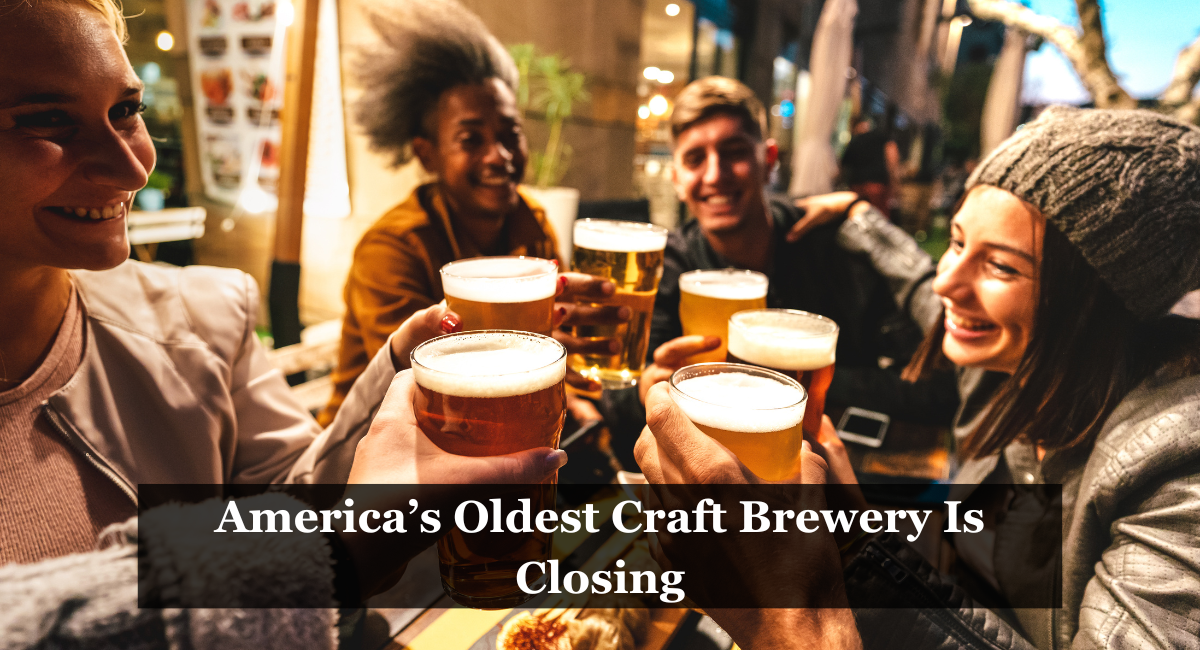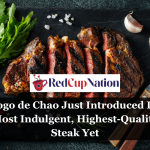In a statement issued Wednesday, the company, founded in 1896, stated that the effects of the pandemic, inflation, and a highly competitive market left it “with no option but to make this sad decision to cease operations.”
Employees were given 60 days’ notice and offered severance payments, according to the business.
Anchor said that, while it had halted brewing, it would continue to pack and distribute beer while it was still available. It will be sold on draft while supplies last, it stated.
Since 2016, the brewer’s sales had been falling, and in 2017, the company was acquired by the Japanese beer giant Sapporo for approximately $85 million.
“The pandemic was the stake through the heart of Anchor,” said Sam Singer, a spokesman for the company, over the phone on Wednesday, noting that 70% of its product was sold in restaurants and bars.
Anchor Brewing attempted to respond in 2021 by rebranding, bottling, and canning more of its beers for sale in supermarkets.
However, those modifications “couldn’t make up for the significant loss of sales,” he said. In a last-ditch effort to stay afloat, Anchor limited beer sales to California and discontinued production of one of its products, a Christmas ale.
However, expenses continued to surpass revenues. “The bottom line is that Anchor ran out of money, and it ran out of time,” Mr. Singer went on to say.
Anchor, adored by many Americans and widely recognized with sparking a craft beer renaissance in the 1960s, is the latest brewer to succumb to the strains of a very competitive industry.
In recent years, a number of smaller breweries have been acquired by larger firms. Others have altered their distribution models or shut down.
Regional brewers, such as Anchor, that are large enough to market their beers nationally yet small enough to be classified as a craft brewery, are the most vulnerable.
They face competition from both local microbreweries and larger breweries such as Coors or Miller, according to Jarrett Hart, a scholar in agriculture and economics at the University of California, Davis whose research has concentrated on craft beer.
“They’ve been facing losses year after year in profits, and they’ve been generally losing market share,” he went on to say.
After Anchor was acquired by Sapporo, employees spoke out against what they characterized as inadequate compensation and unjust working conditions, voting to unionize in 2019.
Joanne Marino, executive director of the Bay Area Brewers Guild, said on Wednesday that given the poor economic situation, it was not surprising that Anchor had closed.
However, she claimed the news was still heartbreaking.
Editors’ Picks
The Crochet Coral Reef Keeps Spawning Hyperbolically.
How Much Water Should I Drink?
Writing checks can be dangerous. Here’s how you can protect yourself.
“Whenever a small brewery is purchased by a large, multinational conglomerate, the calculus changes a little bit for their existence,” she added. “It’s not a surprise, but it’s a shock and it’s a very sad day here.”
Anchor Brewing stated that despite multiple efforts to find buyers for the brewery and its brands, none had been successful.
Mr. Singer said the brewery had been through numerous crises in its history and felt there was still a potential for revival if a buyer came forward during the liquidation process.
“San Francisco’s flag is a phoenix rising from the ashes, and Anchor has had many phoenix moments in its history,” he remarked. “But that’s out of our hands now,” he said. “We can only hope for the best.”
-
7 Foods To Boost Stamina

Stamina and endurance are vital for not only athletes but also for anyone looking to … Read More
-
10 Vitamin A-Rich Foods to Add to Your Diet

Adding vitamin A-rich foods to your diet is a great way to boost your immune … Read More
-
LSU women’s basketball makes Angel Reese ban decision as star left home

BATON ROUGE, Louisiana (AP) With LSU standout player Angel Reese, a Baltimore native, out of … Read More








